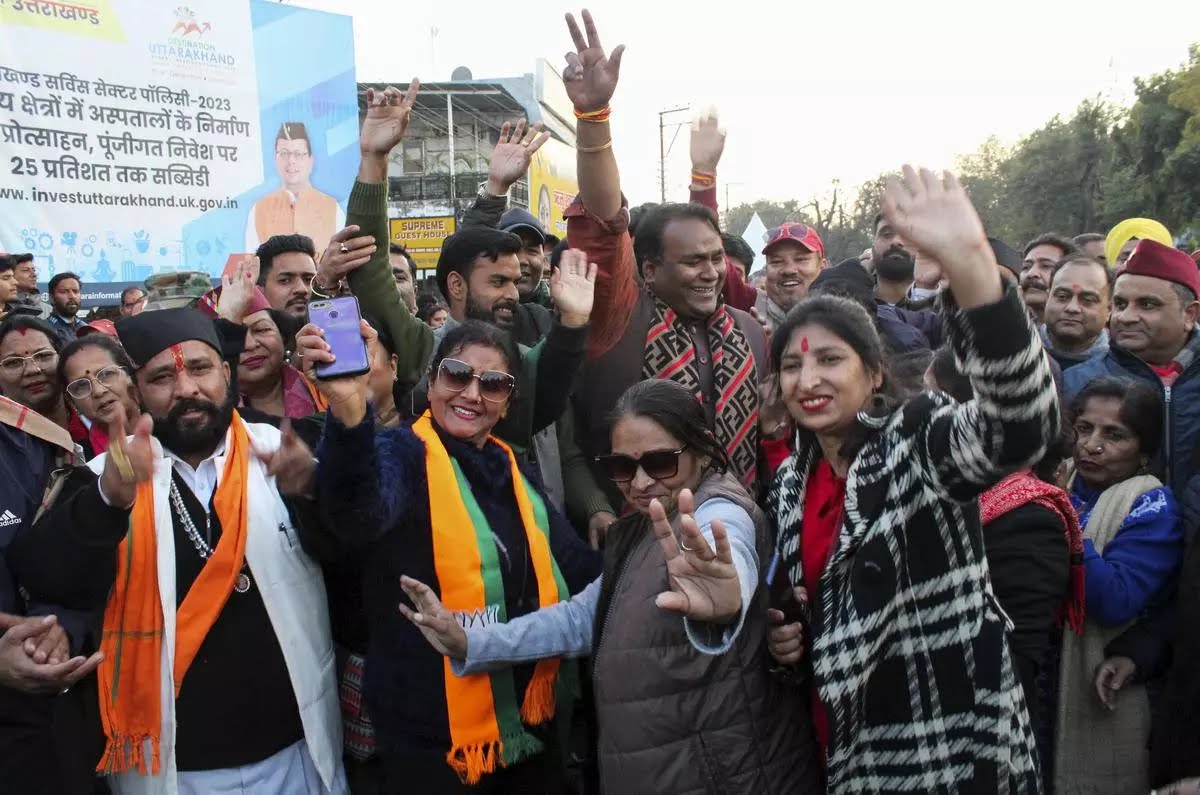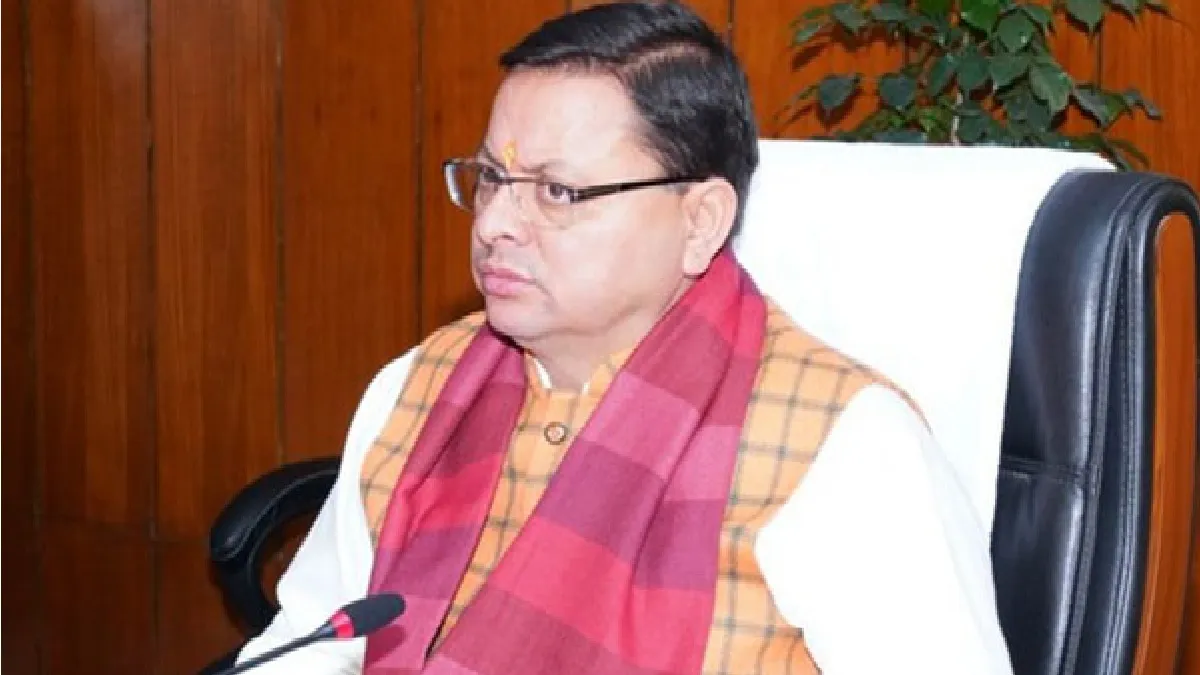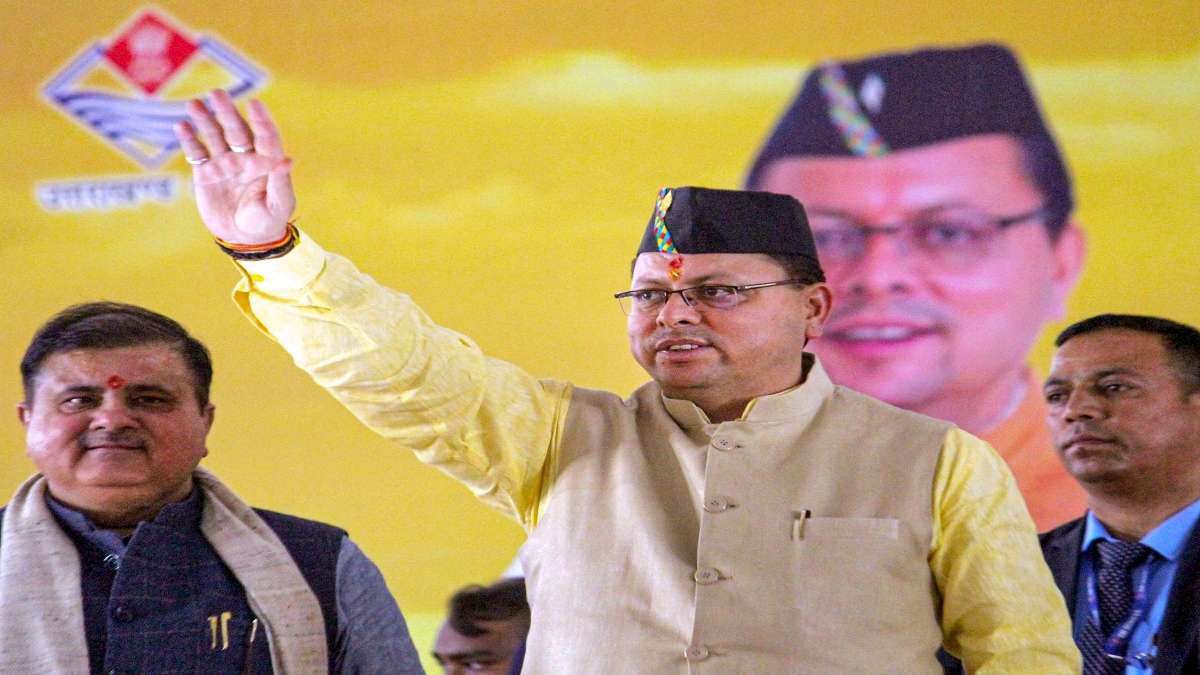People’s private lives should exist outside the realm of state intervention; excessive state meddling and attempts to regulate the personal is an attack on individual autonomy. It’s also undeniable that the attempts to regulate the personal lives of citizens always disadvantage the already disadvantaged further. Women, LGBTQIA+ communities, Dalits, and religious minorities are less able to resist these interferences because of institutional barriers to accessing legal remedies and are more likely to be negatively affected by ill-thought-out policies that threaten their privacy.
Uttarakhand has passed a Uniform Civil Code Bill, which is to be enforced within the territory of the state, establishing a singular set of rules that manage civil matters across all religions.
Uttarakhand has passed a Uniform Civil Code Bill, which is to be enforced within the territory of the state, establishing a singular set of rules that manage civil matters across all religions. Matters concerning marriage, divorce, adoption, and inheritance will have uniform rules for all and religious laws will no longer govern these matters. The only exceptions are Scheduled Tribe communities, who can continue to practice their own customs and to whom the bill’s provisions will not apply.

The UCC has been positioned as a legislation that is beneficial to women and seeks to protect them and their rights. But apart from provisions regarding matters of marriage and divorce, perplexingly, it also has provisions regarding live-in relationships. Couples seeking to live together in Uttarakhand will now have to register their relationship with a State-appointed registrar, who after verifying facts can either issue them a registration certificate or deny their application.
The registration has to take place within thirty days of living together and failure to do so can result in imprisonment of up to three months and/or a fine of ten thousand rupees. This provision criminalises non-registration and as a corollary any cohabiting arrangements between couples that they might not want to register or wouldn’t like state interference in. The bill doesn’t mention what happens if a couple is denied permission; are they expected to end their shared living arrangement? And would continuing to live together attract punishment?
In an attempt to find a solution to a problem that doesn’t exist, the UCC creates more questions than it answers; and this raises significant concerns about the misuse of this law and how it can be exploited at various levels to target members of already vulnerable groups.
The UCC has provisions for recognising the legitimacy of children born to couples cohabiting and for male partners to pay their female partners maintenance in the event of a split as well. What parameters will be used to assess who is eligible for maintenance and who isn’t is not mentioned. This is a disconcerting provision for live-in relationships.
While some opt for live-in relations in lieu of marriages, the reality is that increasingly for many this is a natural step before they choose to marry their partners. This means partners might decide to part ways due to issues of compatibility and various other reasons, and to expect someone to pay maintenance in such a scenario would be preposterous.
The Uttarakhand UCC: a threat to women’s autonomy
India is no stranger to legislative reforms, policies, and rules that claim to curb women’s freedoms in the name of protecting women and promoting their welfare. The provisions regarding live-in relationships in the Uttarakhand UCC do precisely this: attack women’s autonomy in the guise of protecting their interests.
The provisions regarding live-in relationships in the Uttarakhand UCC do precisely this: attack women’s autonomy in the guise of protecting their interests.
In patriarchal societies, social norms and expectations undermine women’s autonomy. This informs how institutions act, leading to institutional and systemic barriers that prevent women’s full enjoyment of their autonomy and agency. By making knowledge of women’s relationships and their details more public, the UCC opens women up to social ostracisation, financial abuse, and familial pressure; it even exposes them to violence in the form of sexual harassment or honour killings.
It is not uncommon for people in India, especially women, to not disclose details of their relationship status. Privacy allows women greater exercise of their autonomy by allowing them to choose a partner of their choice without familial pressure or social expectations regarding class, caste, or religion. It also allows them to establish and explore relationships on their terms. The verification process allows the registrar to call upon any person to verify the details furnished by the couple, this could include their families or others whom they might wish to keep their relationship from.
Further, couples who are under the age of twenty-one require parental consent to live together and if this consent is not sought, the police will notify their parents. According to the NCRB, there were 33 cases of honour killings in 2021 alone. These are only the reported numbers and the real numbers are likely to be much higher. Given these realities, legislation that strips people of their privacy poses a great risk to them.
Madhavi, speaking about how provisions like these act like deterrents for young women seeking to live with their partners said, ‘This seems like too much work for living together, I would rather just get married because that seems to throw up fewer hurdles. Further, my family is unaware of my relationship and if my State implemented a verification process, I worry that might make my relationship known to them and that’s a risk I am not willing to take.’ Speaking of how provisions like this can pose a risk to women, she said, ‘I wouldn’t want to make my relationship status known to those around me because that would lead to people harbouring prejudicial views against me and I am concerned it will lead to moral policing or harassment. I currently rent my apartment and I can’t imagine the consequences of disclosing the details of my relationship to my landlord.’
Making a woman’s relationship status publicly known – especially when it does not have patriarchal sanction – opens them up to a world of trouble.
Making a woman’s relationship status publicly known – especially when it does not have patriarchal sanction – opens them up to a world of trouble. Further, this creates immense scope for moral policing. Registrars, local police, homeowners, and housing societies can create a plethora of barriers for couples in an effort to moral police them because live-in relationships are still taboo in most places in the country.
Harassment/violence towards interfaith and intercaste couples
Maintaining a registry can also expose interfaith and intercaste couples to harassment and violence. With the political shift to the far-right that India is witnessing, interfaith and intercaste couples already face hurdles, discrimination, and threats; both from fringe elements and institutions. They also face threats to their life from their families and vigilante groups and the law doesn’t do much to ensure that they are protected. At a time like this, having a registry of couples living together poses a great risk to exogamous couples.
Speaking under the condition of anonymity, a man in his early 20s told FII, ‘My girlfriend and I intend to live together once I move back to India late this year. We aren’t from Uttarakhand but even the possibility that live-in relationships can be governed by such draconian laws is chilling. This is a massive overreach and an invasion of privacy.’ He added, ‘If a measure like this were implemented in our State, it would make us reconsider cohabiting. My partner and I belong to different castes and outing our relationship would have dire consequences for both of us.’
Exclusion of queer couples in the Uttarakhand UCC
The UCC’s provisions also leave same-sex partners in a lurch. The legitimisation and recognition of civil unions have long been a way for same-sex partners living in countries that don’t have marriage equality provisions to cohabit and avail some of the benefits available to married heterosexual couples. Since India does not recognise the right of same-sex couples to marry, live-in relationships have long been the only option available to them.
Section 3(4)(b) of the UCC states that a live-in relationship is a ‘relationship between a man and a woman who cohabit in a shared household.’ This exposes same-sex partners who live together to legal and administrative difficulties due to their inability to be able to register their live-in relationships and the criminalisation of non-registration.
Uttarakhand’s Uniform Civil Code, by making it mandatory for couples to register their relationships, is essentially giving way to state surveillance and monitoring. The state has no business in monitoring private relationships and neither should it have the right to criminalise non-registered relationships. The prescription of a prison term for non-registry only goes to show how the State seeks to browbeat people into compliance with its surveillance measures by forcing them into submission by wielding the justice system as a weapon against the very citizens it claims to want to protect.

The UCC positions itself as a piece of legislation that would benefit women and usher in true equality, but in reality, it disempowers women to make their own choices and exposes them to policing and violence at the hands of families, communities, and institutions. The surveillance it tries to legitimise and normalise and the harsh punishment it prescribes for lack of compliance with these surveillance goals exposes it for the draconian legislation it is. If equality were truly the objective, the UCC would seek to preserve women’s autonomy, protect interfaith and intercaste couples, and afford recognition to same-sex couples. Instead, the Uttarakhand government’s Uniform Civil Code curtails individual freedoms and the full enjoyment of autonomy in the pursuit of its ulterior motives, giving way to unchecked surveillance and moral policing.
About the author(s)






